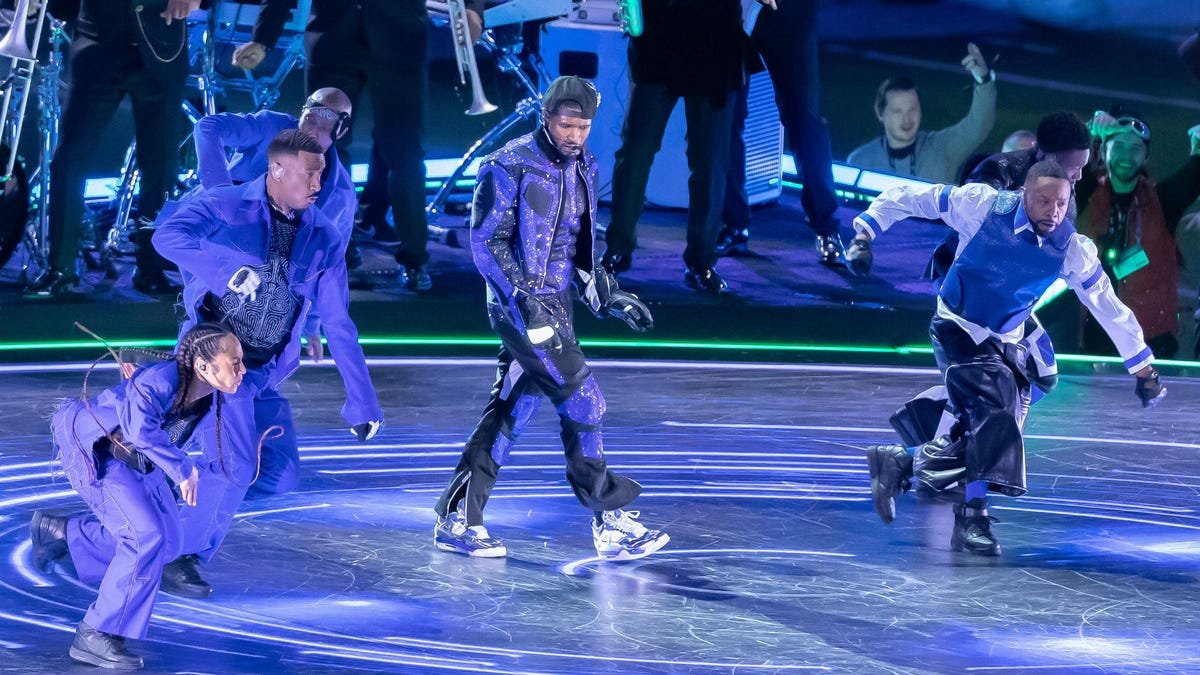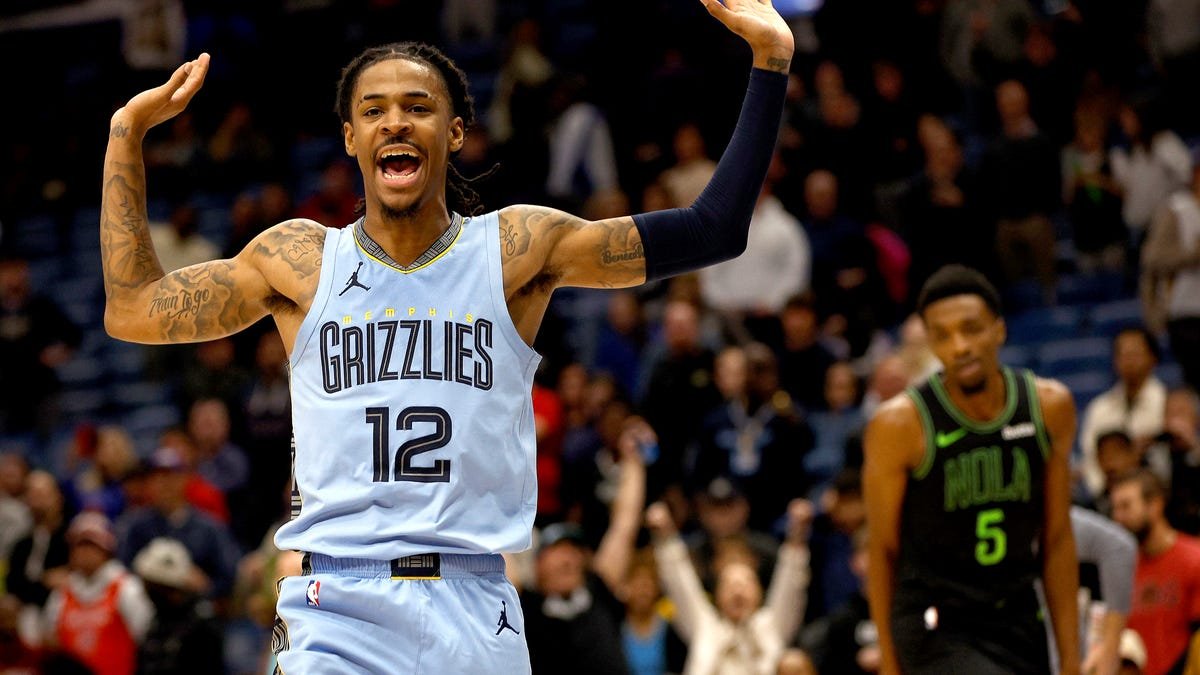Super Bowl LVIII was not just a football game, but also a music festival with an impressive lineup of performers. Usher, Beyonce, Jay-Z, Taylor Swift, Ice Spice, Post Malone, Andra Day, Reba McEntire, Alicia Keys, H.E.R., Lil Jon, Ludacris, Jermaine Dupri, and will.i.am all took the stage or were present at the same party on a Sunday night in Las Vegas. This fusion of sports and music has become a defining feature of the Super Bowl in recent years, with artists finding a way to win just as much as the teams that hoist the Lombardi Trophy.
The Super Bowl has long been a platform for iconic musical performances. From Michael Jackson and Prince’s legendary halftime shows to Whitney Houston’s unforgettable rendition of the national anthem, the Super Bowl has provided some of the biggest stages in music for decades. It has even given birth to pop culture moments like the infamous “nipplegate” incident that made YouTube a household name.
To understand the current landscape of music at the Super Bowl, we need to go back a few years to a pivotal moment: Colin Kaepernick’s protest against racial injustice. When Kaepernick led the San Francisco 49ers to the Super Bowl in 2013, Beyonce performed during the halftime show, causing the lights to go out. In the following years, acts like Bruno Mars, Katy Perry, Coldplay, Lady Gaga, and Justin Timberlake took the stage. However, in 2018, the NFL faced difficulty finding artists to perform at Super Bowl LIII in Atlanta.
The reason behind this was the controversy surrounding the blackballing of Kaepernick and Eric Reid, who filed a collusion case against the league in 2018. Artists stood in solidarity with Kaepernick, refusing to perform at the Super Bowl. Rihanna, in an interview with Vogue, stated, “There’s things within that organization that I do not agree with at all, and I was not about to go and be of service to them in any way.” The NFL eventually enlisted Maroon 5, but the damage was done. The league was criticized for not having a Black artist headline the halftime show in a Black city that was central to Black music.
The turning point came with the involvement of Jay-Z in 2019. Beyonce’s husband controversially stated, “I think we have moved past kneeling… Now that we all know what’s going on, what are we going to do? How are we going to stop it?” Jay-Z’s partnership with the NFL gave him and Roc Nation control over selecting musical acts for the Super Bowl Halftime Show.
Since then, the halftime show has featured a more diverse lineup, appealing to younger audiences. Artists like Shakira, Jennifer Lopez, Bad Bunny, J Balvin, The Weeknd, Dr. Dre, Snoop Dogg, 50 Cent, Mary J. Blige, Eminem, Kendrick Lamar, and Rihanna have performed, attracting millions of viewers and boosting their sales and popularity. According to Joe Pompliano, Usher’s performance at Super Bowl LVIII earned him an estimated $52 million.
The Super Bowl has become more than just a football game; it is now a concert that features a football game. Artists capitalize on the massive viewership and exposure to release new music, promote upcoming tours, and increase their brand value. It has become a win-win situation for both the teams on the field and the artists on the stage.
As for who will win the Super Bowl next year, that remains to be seen. But one thing is for sure: the halftime show will continue to be a highly anticipated event, showcasing the biggest names in music and leaving a lasting impact on both the sports and music industries.





